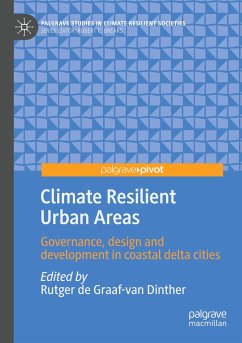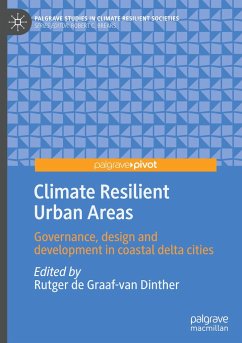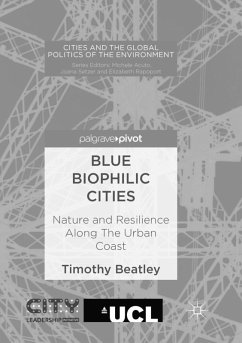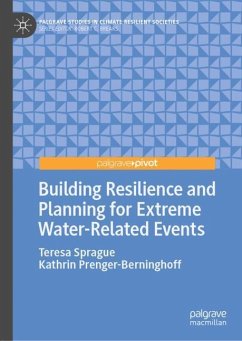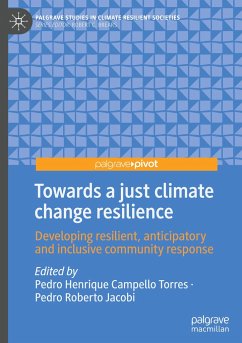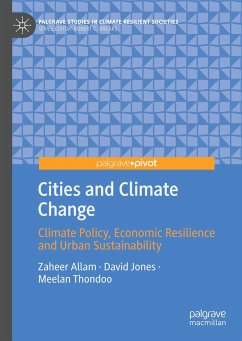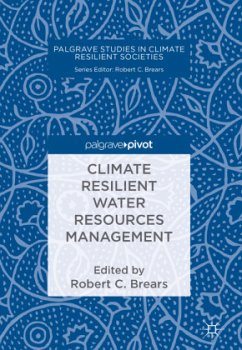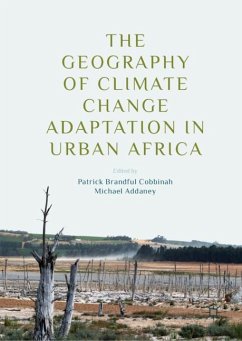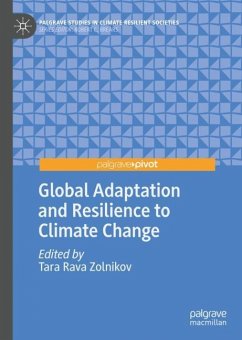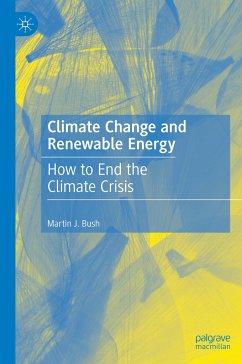
Community Nutrition Resilience in Greater Miami
Feeding Communities in the Face of Climate Change

PAYBACK Punkte
21 °P sammeln!
This book conceptualizes community nutrition resilience as a critical area that is currently lacking the attention it requires from both the public and private sectors. The book spotlights Greater Miami's resilience efforts, both responding to slowly developing challenges such as immigration, environmental deterioration, and the wealth distribution gap, as well as sudden disasters such as hurricanes or flooding driven by climate change. Drawing on existing literature as well as interviews with professionals working in the field, the author makes recommendations on how to incorporate food syste...
This book conceptualizes community nutrition resilience as a critical area that is currently lacking the attention it requires from both the public and private sectors. The book spotlights Greater Miami's resilience efforts, both responding to slowly developing challenges such as immigration, environmental deterioration, and the wealth distribution gap, as well as sudden disasters such as hurricanes or flooding driven by climate change. Drawing on existing literature as well as interviews with professionals working in the field, the author makes recommendations on how to incorporate food systems into urban resilience planning, how to prioritize resilience on urban food agendas, and how to strengthen food system resilience through public, private, and third sector level engagement. She also highlights how the availability of and access to nutritious food impact the health, performance, and well-being of communities in the region, thus making a strong case for the prioritization ofthisgrowing issue.





